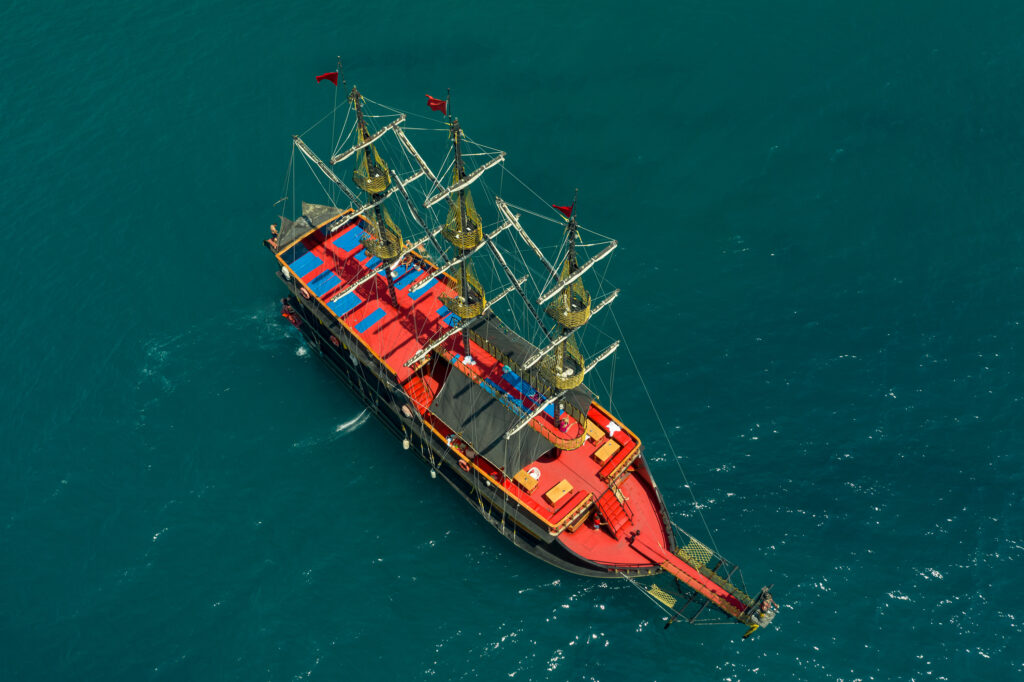According to Bloomberg, Trucknet Enterprise, an Israeli software firm, is offering a different route to avoid the Red Sea under threat from the Houthis by shipping goods to Europe from the United Arab Emirates and Bahrain via Saudi Arabia, Jordan, and Israel. In the interim, Hapag-Lloyd is investigating connections between Dubai and Saudi ports, including Jeddah, to provide shippers impacted by the Red Sea disruptions with a temporary fix.

A growing number of businesses are rerouting their ships to circumnavigate Africa in order to avoid attacks on their ships and workers as a result of ongoing attacks in the Red Sea. Unfortunately, rerouting could result in an 8–15 day increase in travel time between Asia and Europe as well as an extra 3,000–3,500 nautical miles (6,000 km) on the current route. This would be detrimental to both prices and emissions.
Furthermore, as reported by Reuters, shipping company CMA CGM on Friday halted all of its ships’ crossings of the Bab al-Mandab Strait into and out of the Red Sea due to security concerns. According to a source who spoke to Reuters, the decision was made in response to the most recent attacks on ships by Houthi militants in Yemen, which included this week’s targeting of a convoy carrying ships operated by CMA CGM.
Some shipments find the land route from Jebel Ali to Israel’s Haifa more tempting because it’s shorter than the route around Africa. Although it provides an option for some items, the amounts carried by trucks are less than those conveyed by ships, according to Bloomberg, and the viability of these routes depends on regional stability.
The land routes may also act as a test run for the wider India-Middle East-Europe Economic Corridor, albeit there are still barriers to overcome, such as possible security threats and diplomatic difficulties.
